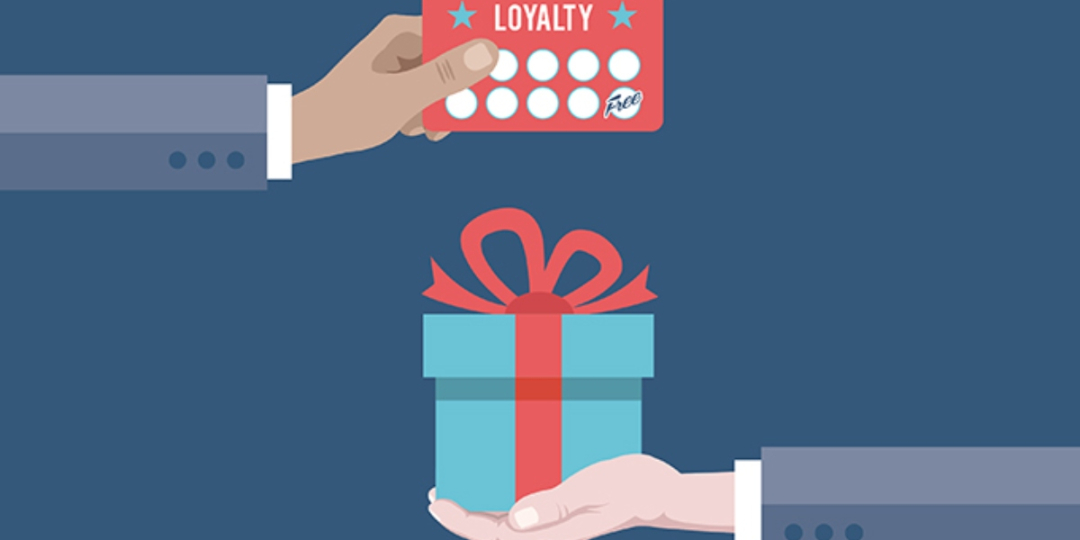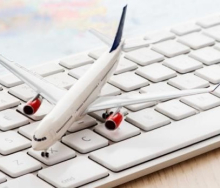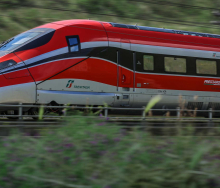Are airline Frequent Flyer Programmes (FFPs) still a worthwhile proposition? Or has travel changed so much that there is little value in them for travellers and corporates?
At the heart of every loyalty programme, is the word ‘loyalty’ – i.e. the idea of buying a repeat traveller’s loyalty to ensure a stream of repeat business from the members. Stick with one airline or one alliance and get rewarded.
But because travellers could not achieve a desired status because of COVID, and frequent travellers may not be travelling so frequently any more, it is natural that they should question the value of an airline loyalty programme, because:
- There are great airline deals currently on offer globally,
- There has been a two-year COVID-induced hiatus in frequent travel (in which travellers and travel managers have had a lot of time to ponder matters such as the value of loyalty programmes),
- Corporates are in cost-saving mode, including the travel department,
- Corporate travel for some years is likely to be much less than in 2019 and prior,
- Loyalty programmes are like currencies – the value is constantly adjusted and tweaked so that by the time the traveller has achieved the reward, the value of the reward has changed.
A corporate traveller who is a frequent flyer told Travel News that there were market forces at play that made the value of each programme harder to decode than it had been before COVID-19. It is more difficult than ever before to determine the true value of each loyalty programme.
“Airline miles are being devalued and higher booking classes are cheaper since COVID, so that means I am getting less value for my airline loyalty than I did before. On the other hand, deals and promotions extended by some airline loyalty programmes have made it easier for me to earn Elite status during this time. And because fewer people are flying so there are more seats available to use my benefits,” he said. He added that, on top of these special circumstances, most airline programmes had extended status validity and lowered their tier earning requirements to account for the lost travel time during the pandemic.
In figures revealed by Reuters, Delta Air Lines raised $9 billion (R138 billion) in new bonds and loans backed by its SkyMiles loyalty programme to strengthen its finances, which were pounded by the pandemic. Travel News asked the airline what its stance was on its loyalty programme post-COVID and how it planned to retain its customers and the important value of SkyMiles as those customers start travelling again.
A Delta spokesperson said customers were always at the centre of everything it did, and their loyalty had never been more important. “We know that we earn our customers’ loyalty every day, which is why, throughout the pandemic, Delta consistently led the industry with generous extension policies and benefits to reward our SkyMiles and Medallion Members, even when they weren’t flying. We want to do all we can to make customers’ travel seamless and rewarding, with the assurance that Delta is listening and responding to take care of them every step of the way. We allowed customers to earn status on Award tickets through December 2021 – never seen before in the industry – because we knew there were corporate customers not travelling for business who still wanted to travel with family. This allowed customers to get even more value out of their miles and earn towards travel, no matter how they paid for their ticket. These efforts are paying off. New members are joining our SkyMiles programme at a faster rate than before the pandemic, and we’re back to 2019 levels for our Delta SkyMiles Card acquisitions.”
Vimla Maistry, Lead Group Corporate Affairs at SAA, said while there had been an inevitable decrease in activity due to the pandemic there were already signs of recovery as restrictions were lifted and flight activity was being resumed. She believes that loyalty programmes still hold value for travellers, as flight activity continues to return to normal. “Although travellers had limited ability to utilise their miles for flight activity during the pandemic, they were still able to utilise them for non-air rewards in most programmes and Voyager is still an integral part of the SAA client offering. We are in the process of engaging new lifestyle partners to ensure we stay relevant and widen earn and spend opportunities for our members. The validity of miles due to expire has been extended until March 31, 2023. The validity of member Elite Tier status was extended until December 31, 2022.”
Asked if SAA planned to consolidate its frequent flyer programme with any other airlines i.e. Kenya Airways (once the Pan African airline company that the two airlines are busy planning comes into being, see here), Maistry confirmed that while SAA had no plans to consolidate Voyager with any other airlines, future bilateral partnerships with other airline programmes would be considered where they added value.
Said the corporate traveller quoted above: “The pandemic has made travellers doubt the value of loyalty programmes, even the credit cards that help generate more miles and points. Airlines may need to convince their customers to stick with the programmes with great offers, but there is really only one thing right now that entices clients – that is being treated like valued customers.”














